The Master and His Emissary Conversations
Understanding The Matter with Things Dialogues Episode 10: Chapter 10 What is Truth?
Running Time: 1:07:27
Understanding The Matter with Things Dialogues Episode 9: Chapter 9 Schizophrenia and Autism
Running Time: 1:12:24
Understanding The Matter with Things Dialogues Episode 8: Chapter 8 Creativity
Running Time: 1:21:22
Understanding The Matter With Things Dialogues Episode 7: Chapter 7 Cognitive Intelligence
Running Time: 49:16
Understanding The Matter with Things Dialogues Episode 6: Chapter 6 Emotional & Social Intelligence
Running Time:54:23
Understanding The Matter with Things Dialogues Episode 5: Chapter 5 Apprehension
Running Time:1:00:53
Understanding The Matter with Things Dialogues: Episode 4: Chapter 4 Judgment
Running Time:1:22:41
Understanding The Matter with Things Dialogues Episode 3: Chapter 3
Running Time:47:22
Understanding The Matter with Things Dialogues: Episode 2: Chapters 1 & 2
Running Time:59:50
Understanding The Matter with Things Dialogues: Episode 1: The Introduction
Running Time: 1:01:42
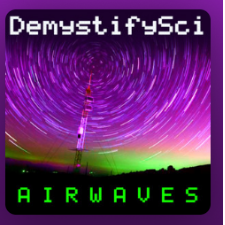
Demystifying Science with Michael Shilo
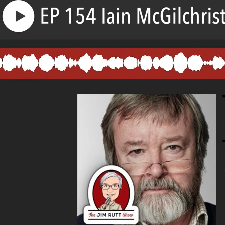
The Jim Rutt Show – EP 154 Iain McGilchrist on The Matter With Things

Scottish Daily Mail
Genius from Skye who’s written one of the most important books EVER published.
By Jonathan Brocklebank, April 2, 2022
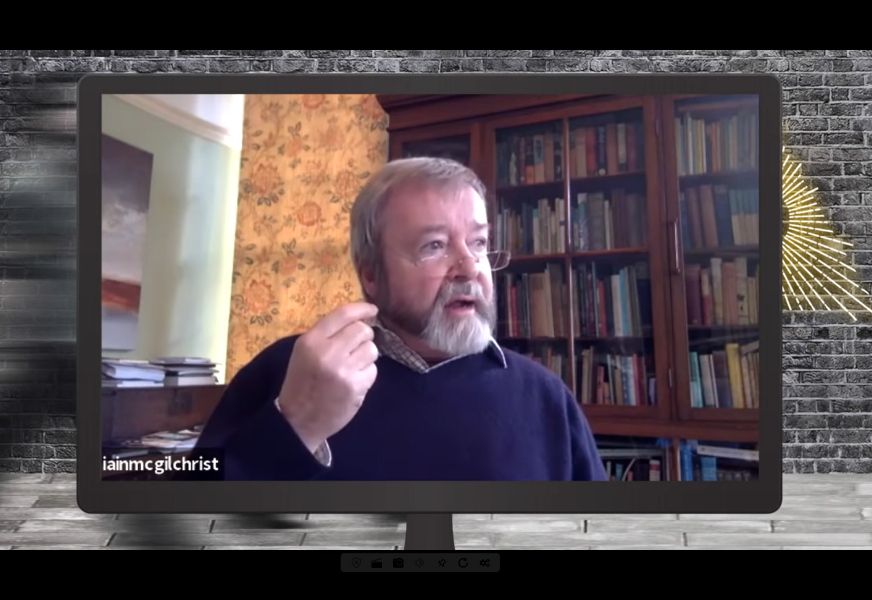
The Master, his Emissary & the Meaning Crisis, Iain McGilchrist & John Vervaeke
Running Time: 1:19:47 Iain McGilchrist is the celebrated author of the revolutionary work, The Master and His Emissary, all about how the structure of our brains and perception creates a divided world, and has a central role in our struggle to perceive reality...

The Matter with Things – Prospect Magazine Review
Iain McGilchrist and the battle over the left-brain, right-brain theory.
If we are to see the world as it truly is, the divide between the brain’s hemispheres needs to be healed.
By Nick Spencer, March 3, 2022
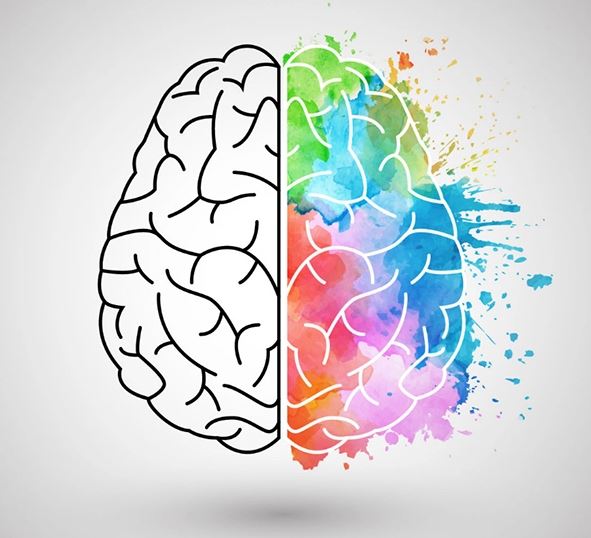
Insights from ‘The Matter With Things’
Why is this worth your time? Regular readers will be aware that I think Dr. Iain McGilchrist is one of the most consequential minds of our times. Last month he published a monster 1,400 page book, The Matter With Things. It’s his masterpiece, and an attempt to comprehensively expand on a thesis that has changed my life. I had the privilege of interviewing him last week.
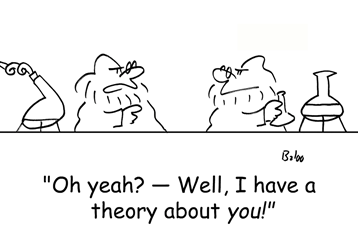
Adam Smith on Self-Deceit
The University of Virginia Center for Politics, led by Larry Sabato, provides polling results that show deep social, political, and psychological divides between Biden voters and Trump voters. Nowadays, it is common to think that large swaths of other people must be in denial.
In the old days, we argued good policy. Now we theorize one another.
Adam Smith had things to say about denial and self-deceit. Here I draw exclusively from The Theory of Moral Sentiments. Applications are in your hands—and breast.

Falling Into The Song Of Gaia
Enchantment is essentially an experience of wonder, and like the experience itself, the subject is hard to pin down. So think of this essay instead as a wander through one corner of it, with glimpses farther afield.
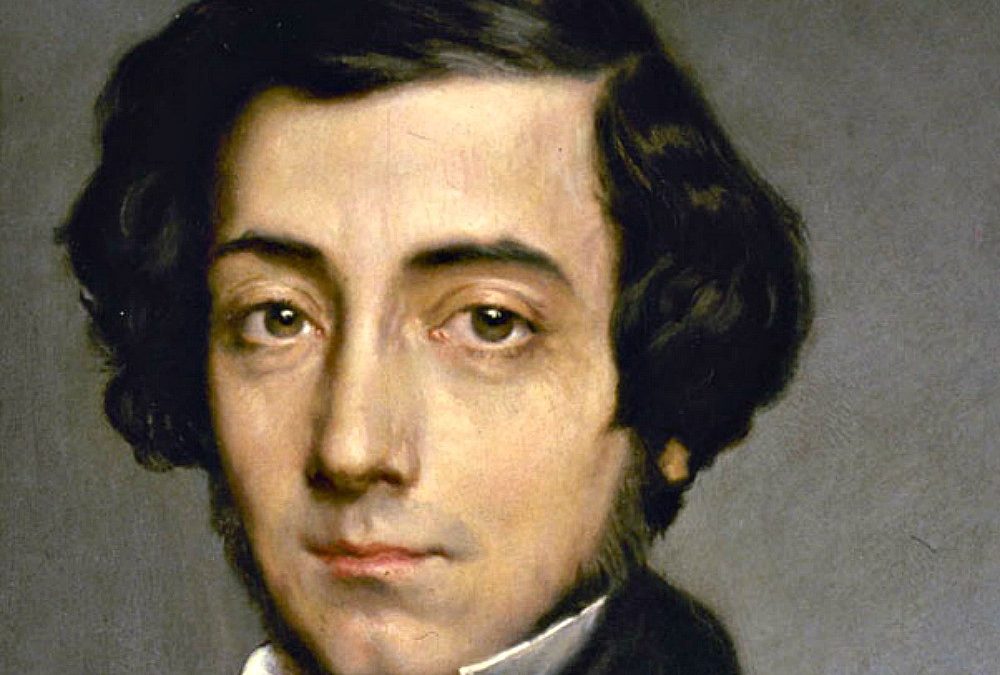
Tocqueville’s Dystopias: The Bad And The Very Bad
Daniel B. Klein September 6, 2021[A version of this piece appeared originally at City Journal.] Alexis de Tocqueville “The entire book that you are going to read,” wrote Alexis de Tocqueville in the Introduction of Democracy in America, Volume One...
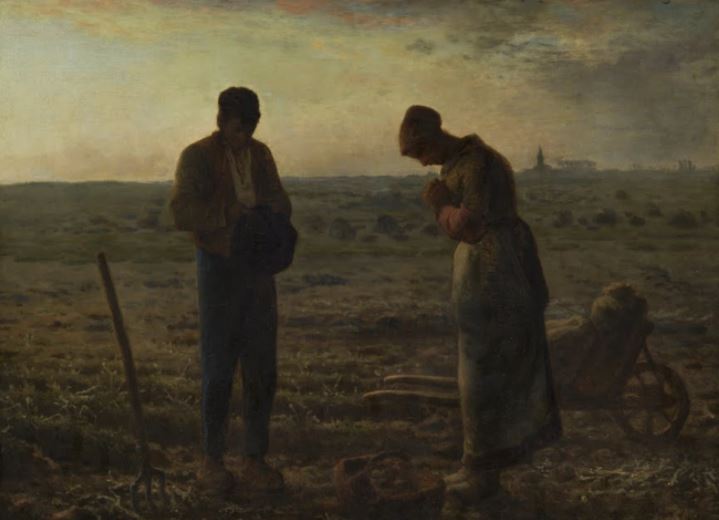
Adeline
She was born in August 1915, in Roquefort la Bédoule in the south of France. She died this morning. Adeline Blanc was my adopted grandmother.
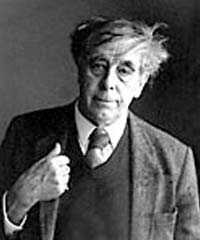
Begotten Not Made
I was pleased to find that the Oxford philosopher JR Lucas was a fan of The Master and his Emissary, and he sent me a number of his papers over the years. Most are still accessible but this gem was possibly never published. Before he died I asked if I could quote from it in my […]
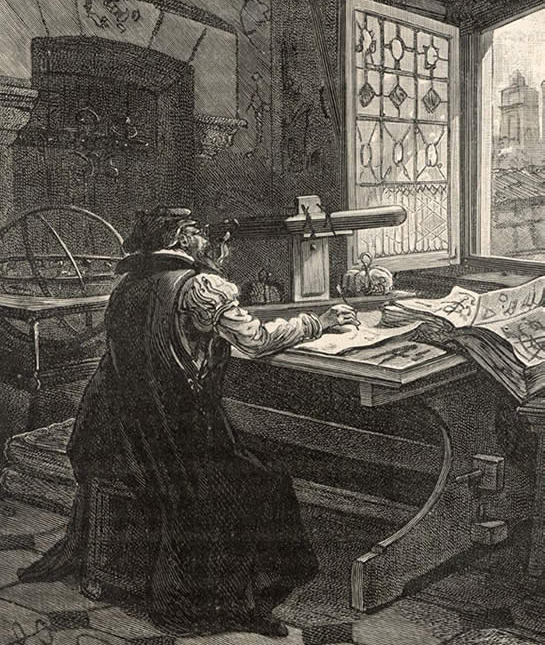
Economics In Nouns And Verbs
Science proceeds as much by its instruments-its technologies-as it does by human thought. In early January 1610, when Galileo directed his telescope at the heavens he found to his astonishment that Jupiter had four companion “stars” (whichafter several nights he realized were moons circling Jupiter), and the Moon itself had mountains and valleys. This went against the long-accepted truths that all heavenly bodies circled the earth (or the sun), and that all were perfect. Instruments in science probe, they reveal, they occasionally surprise, and they illuminate. They become means of understanding.
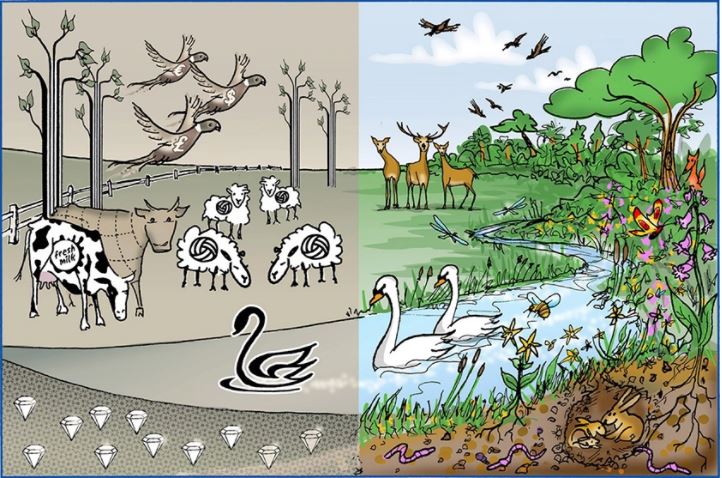
The Matrix Of The Emissary
Several years ago, while a family member was struggling with mental illness, I was introduced to the intriguing idea of ‘right brain to right brain’ therapy. Deciding I should learn more, I searched Amazon for books about ‘right brain therapy’ and was duly recommended The Master and His Emissary…
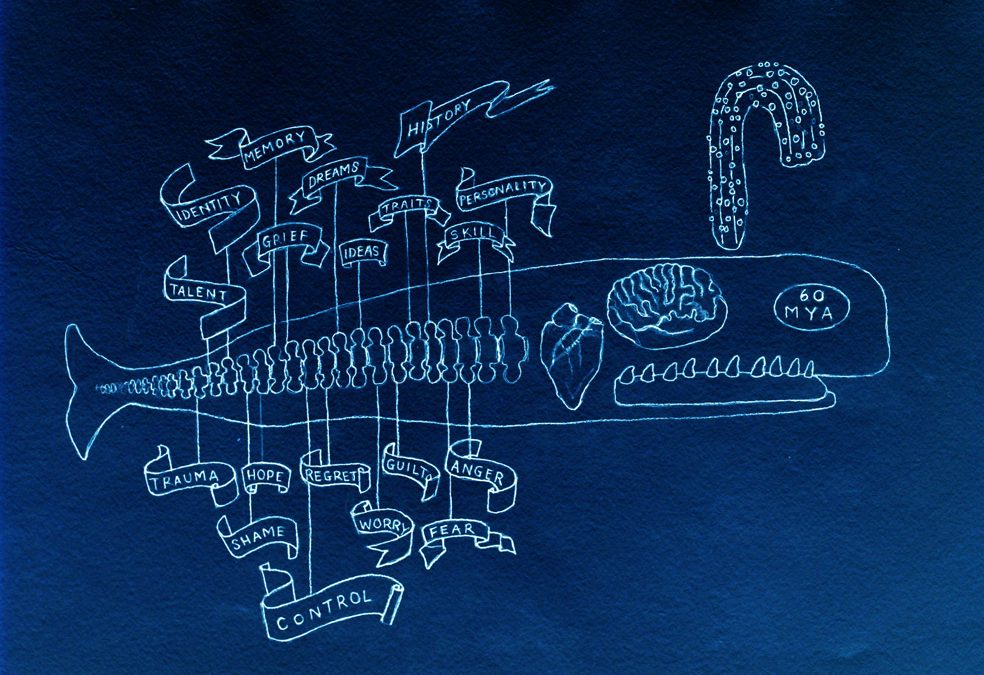
Will The Whales Inherit The Earth?
How can we resist the sixth mass extinction in our imaginations? What kind of cultural shift does it take? In this latest post for The Vanishing series, Rupert Read considers the future of human societies, following in the wake of whales. With artworks by Angela Cockayne.

‘Notes On The Death Of Culture’ By The Philosopher William Earle
William Earle: ‘Notes on the Death of Culture’, in MR Stein, AJ Vidich & DM White (eds), Identity and Anxiety, Free Press of Glencoe, 1960, 367-383 In General The culture of the western world has for some time been under diagnosis as though it were a patient sick with an unknown disease. The doctors are […]
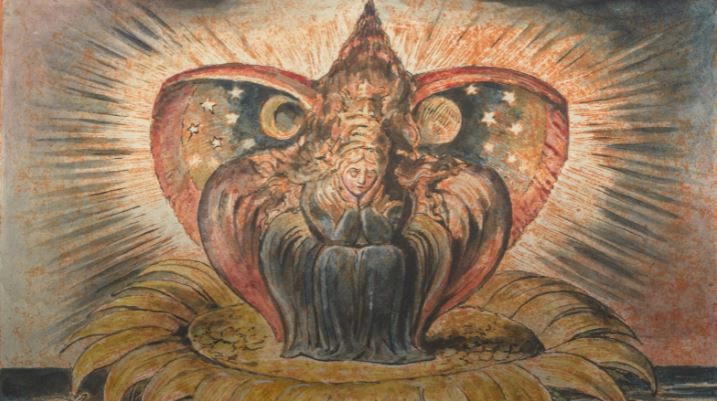
The four-fold imagination: what we can learn from William Blake’s visionary imagination
In The Master and His Emissary, Iain McGilchrist stresses the central dynamic that lies behind the images and poetry of William Blake. It can be seen even in the titles of Blake’s works, such as The Marriage of Heaven and Hell and Songs of Innocence and Experience. The titles “allude to the reality that, in the lived world of the right hemisphere, opposites are not ‘in opposition’.” Instead, these “contraries”, to use Blake’s word, create the tension needed to open onto deeper levels of consciousness.

The Meaning Of Depth And Breadth In Education
This image is used by Iain McGilchrist in his discussion of depth. On Plate 7 in his book, The Master and His Emissary, he writes: Here light, colour and texture of the stone surfaces all emphasise the depth of perspective in both time and space, drawing us into felt relationship with the world.

Think Spiral: The Divided Brain And Classical Liberalism
This is a post-peer-review, pre-copyedit version of an article to be published in Society. The final authenticated version is available online here. Iain McGilchrist richly explains the right and left hemispheres of the brain, how each functions and what each tends to do. This paper serves, firstly, as a primer to McGilchrist’s fascinating exposition. Second, it offers a […]

Docere, Delectare, Movere
Dr Angela Voss has been involved in devising and teaching Masters programmes for Kent University and CCCU in the UK for the last fifteen years and she is a co-founder of the newly launched Centre for Myth, Cosmology and the Sacred. This piece is reproduced from the book, Re-enchanting the Academy, by kind permission of Rubedo Press.

The Divided Brain And Religion: Left Brain Angels And Right Brain Gods
Why do we think of our own brains, our own beings, as machines? As McGilchrist compellingly suggests in his groundbreaking work on the hemispheres, “the whole problem is that we are obsessed, because of what I argue is our affiliation to left-hemisphere modes of thought, with ‘what’ the brain does rather than the ‘how’ – ‘the manner in which’, something no one ever asked a machine.”

Integrating The Hemispheres: The Divided Brain And Mental Health
The relationship between the two hemispheres of the brain is increasingly seen as central to our well-being and mental health, as a number of leading neuroscientists and psychotherapists have observed.

Freud And The Divided Brain: The Therapy Of Attention
Central to McGilchrist’s exploration of the difference between the hemispheres is the notion of attention. As he suggests, “attention is not just another ‘function’ alongside other cognitive functions”. Rather, the kind of attention we bring to bear on the world actually alters the nature of the world we attend to: “Attention changes what kind of a thing comes into being for us: in that way it changes the world”

Crossing The STEM Divide
Thinking hard about soft skills and how they’re developed. This is a guest post, originally published at the American Enterprise Institute by Brent Orrell.
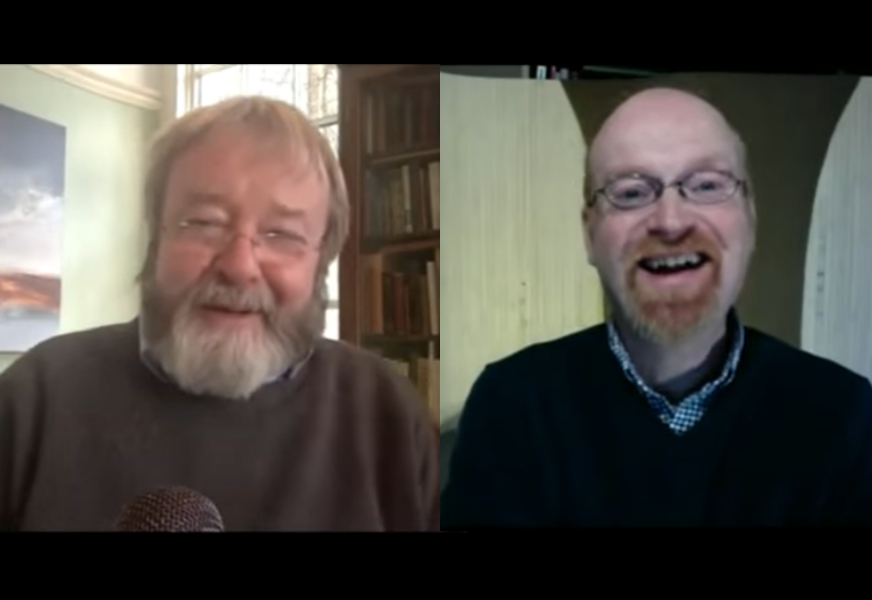
The Attack On Life and Understanding Our Times. A conversation with Iain McGilchrist and Mark Vernon
Running Time: 1:12:14 The two hemispheres hypothesis, championed by Iain McGilchrist, has become well-known. But what light does it cast on modern society and our direction of travel? The nature of overweening bureaucracy, technologies of control, and the narrowing of...
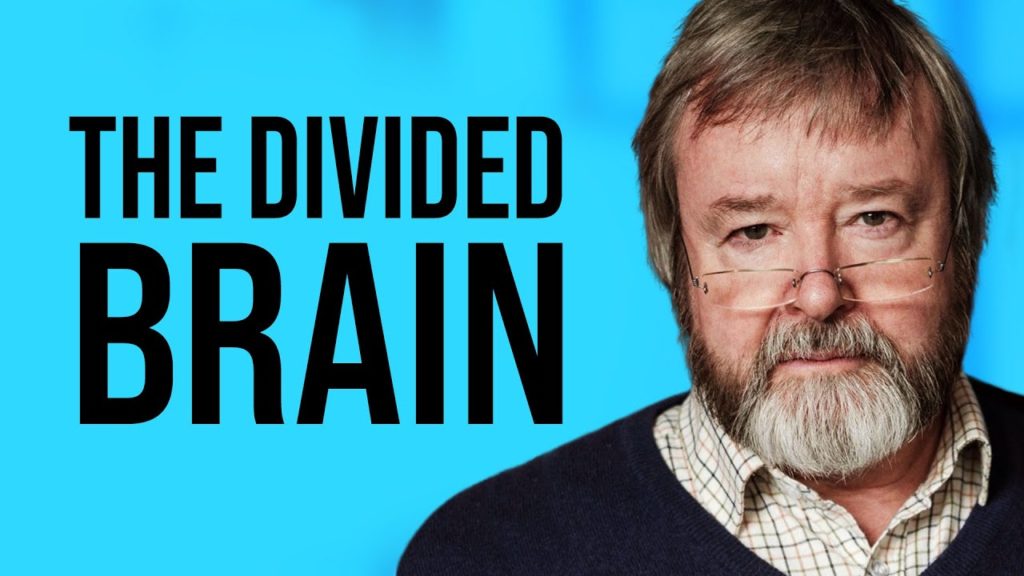
The Divided Brain
Running Time: 1:22:34
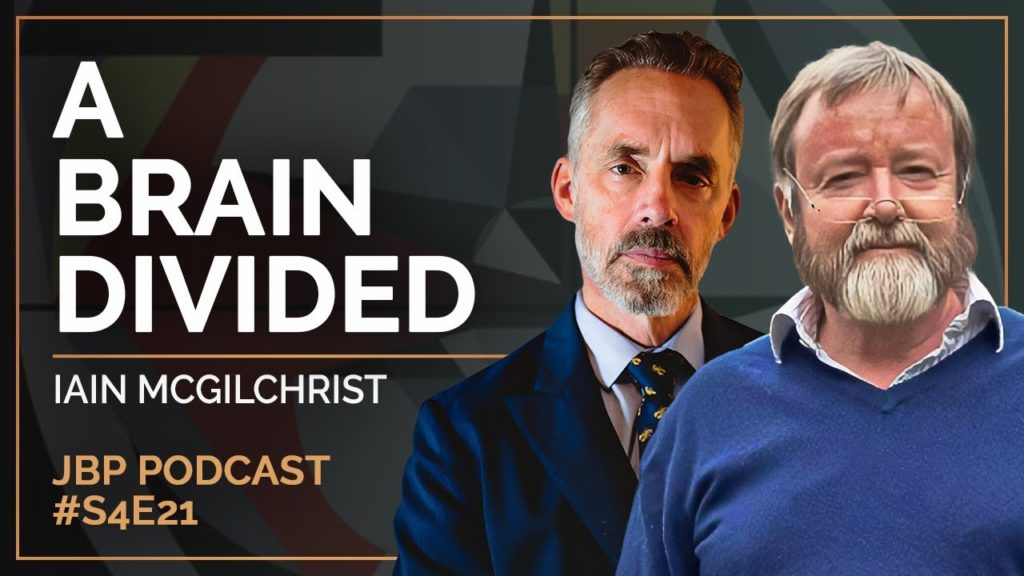
A Brain Divided: Iain McGilchrist & Jordan B Peterson Podcast
Running Time: 1:45:25
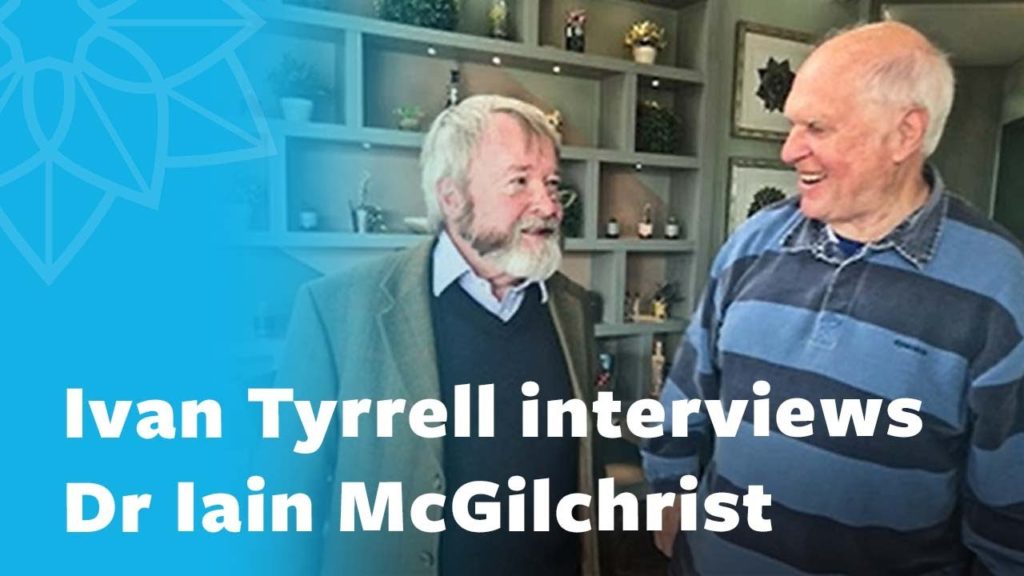
Ivan Tyrell interviews Dr Iain McGilchrist | Human Givens
Running Time: 1:29:55
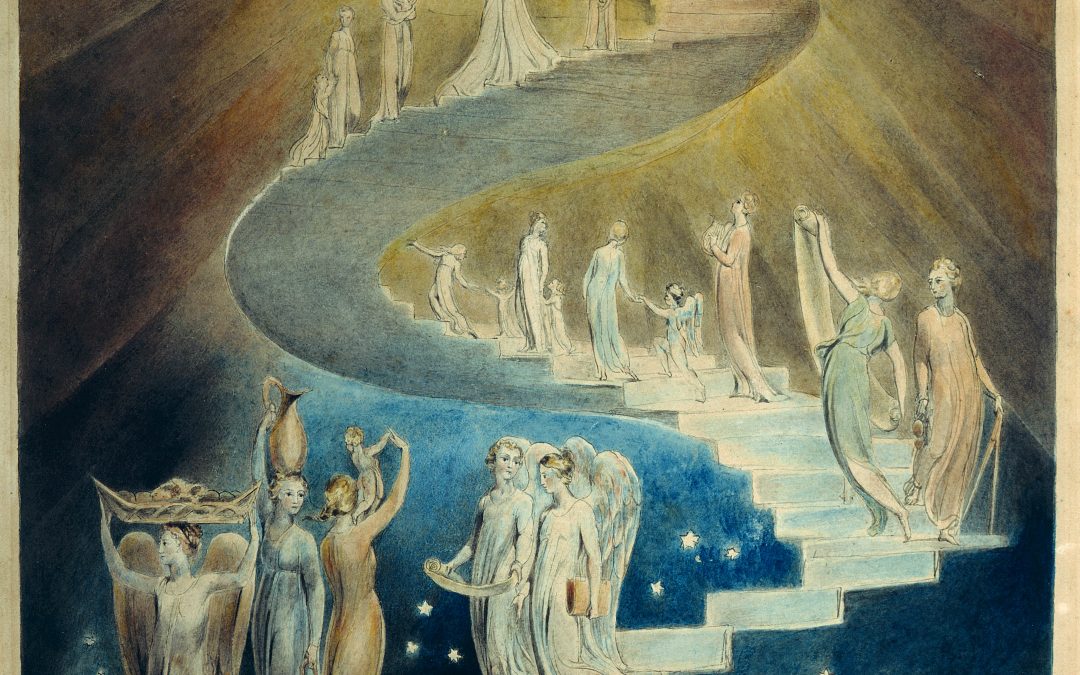
A Sense of the Sacred
This event was recorded and is now available in the Members Area. Click into post to find out more.
In conjunction with the Centre for Myth, Cosmology and the Sacred.
In this seminar, Dr Iain McGilchrist draws on his new work, The Matter with Things, and addresses some of the oldest and hardest questions humanity faces – ones that have a practical urgency for all of us today.
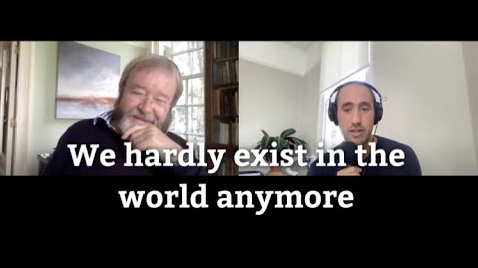
Our Brain is Divided | Maudsley Learning Podcast with Dr. Alex Curmi
Running Time: 1:34:57
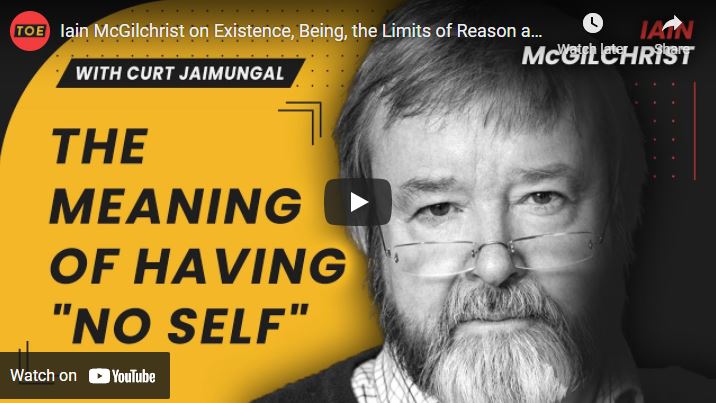
The Meaning of Having “No Self”
Running Time: 2:55:36
